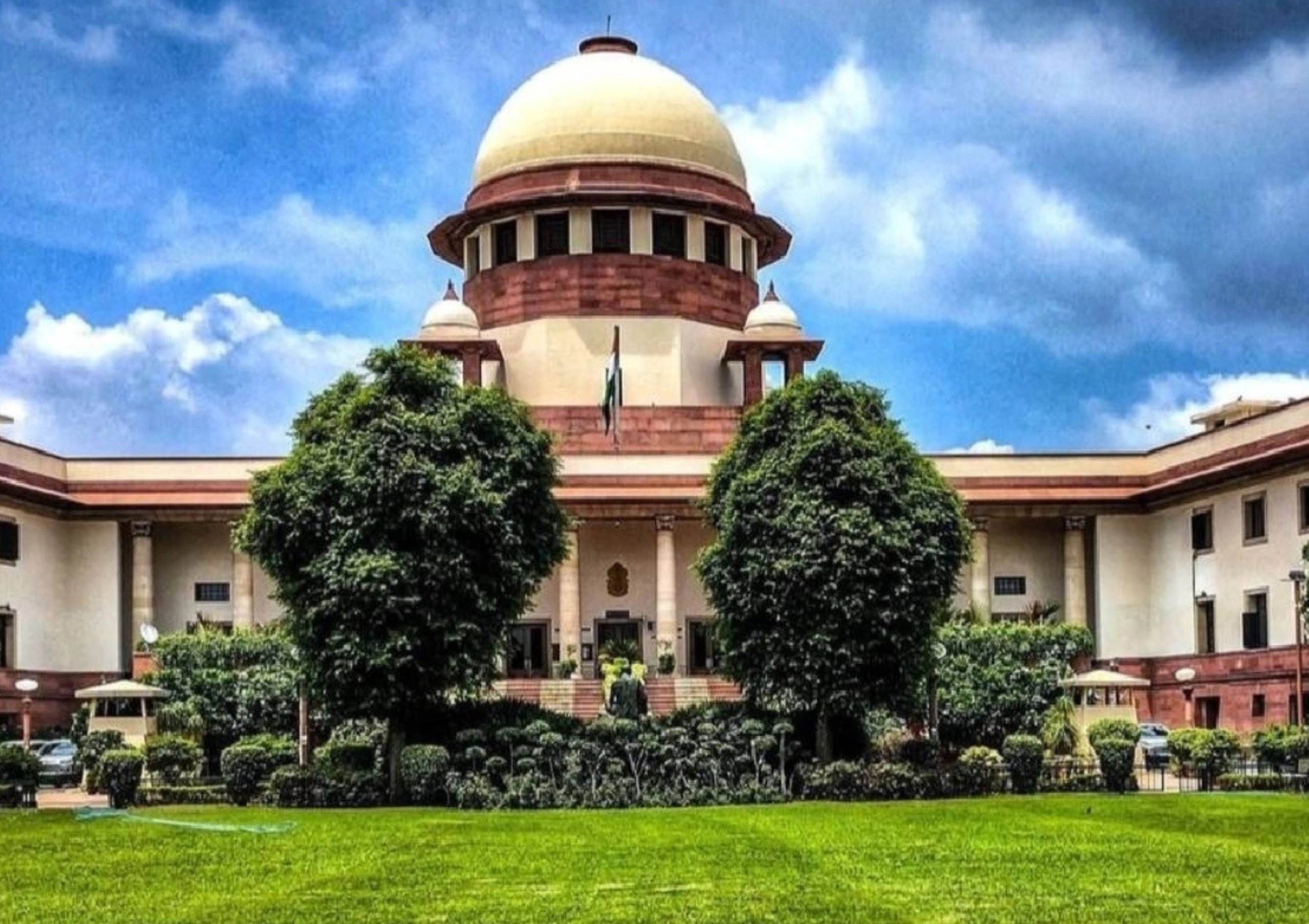
By Sulagna Halder
New Delhi, 7 July 2025:
In a landmark decision, the Supreme Court of India has given a reservation to Other Backward Classes (OBCs) in recruitment of its staff, along with the existing quota scheme of Scheduled Castes (SCs) and Scheduled Tribes (STs).
The Board of the B.R. Gavai in a gazette notification of 3 July amends Rule 4A (vii) of the Supreme Court Officers and Servants (Conditions of Service and Conduct) Rules, 1961 formally introducing OBC quota alongside prescribed provision to SC/ST, persons with disabilities, ex-servicemen and dependents of freedom fighters. The action comes after the introduction of roster based reservation in appointment and promotions of SC/ST employees in the offices of the court with effect from June 23 as per the directives given by the court to all court employees on 24 June in a circular issued on it.
The current process sees to it that role of a registrar is filled along with the senior personal assistant, assistant librarian time, assistant junior court assistant, junior court attendant and chamber attendants are filled without reservation of OBCs, however, with the changed policy OBC quota shall be introduced to fill the positions but in accordance with all the applicable Government of India quota inclusion policies. Although the SCs and STs already had 15 per cent and 7.5 per cent quotas, respectively, the OBC category has made their presence all embracement in the staffing in the administrative framework in the apex court.
Senior law professionals were glad of the reform. Advocate, Prashant Bhushan commented: It is a landmark institutional recognition of diversity at the zenith. Yet, others warn that the key issue will be implementation whereby CEOs are expected to make procedural changes and surveillance to make sure that it is applied fairly.
The amendment puts the Supreme Court back on track with the government policy since earlier this year the tribunal had served notices to Madhya Pradesh due to its negligence to abide by 27 per cent OBC reservation in state services It also depicts the adherence to Indra Sawhney (1992) judgment that states post based quota rosters and 50 per cent cumulative overall quota limit.
Since 23 June, Registrar (Recruitment) has posted the revised Model Reservation Roster and Register on the internal network (Supnet) of the court, and invites staff to report any differences that they may have encountered directly.
This increase in reservation policy reflects the change in the trend towards an inclusive approach in the employment practice in the administrative setup of the Supreme Court. On assuming force, the rosters, and recruitment, focus and attention will be taken by policy analysts and concerned employees and how well the new provisions will be effectively converted into representing the institution of the highest judiciary in India.